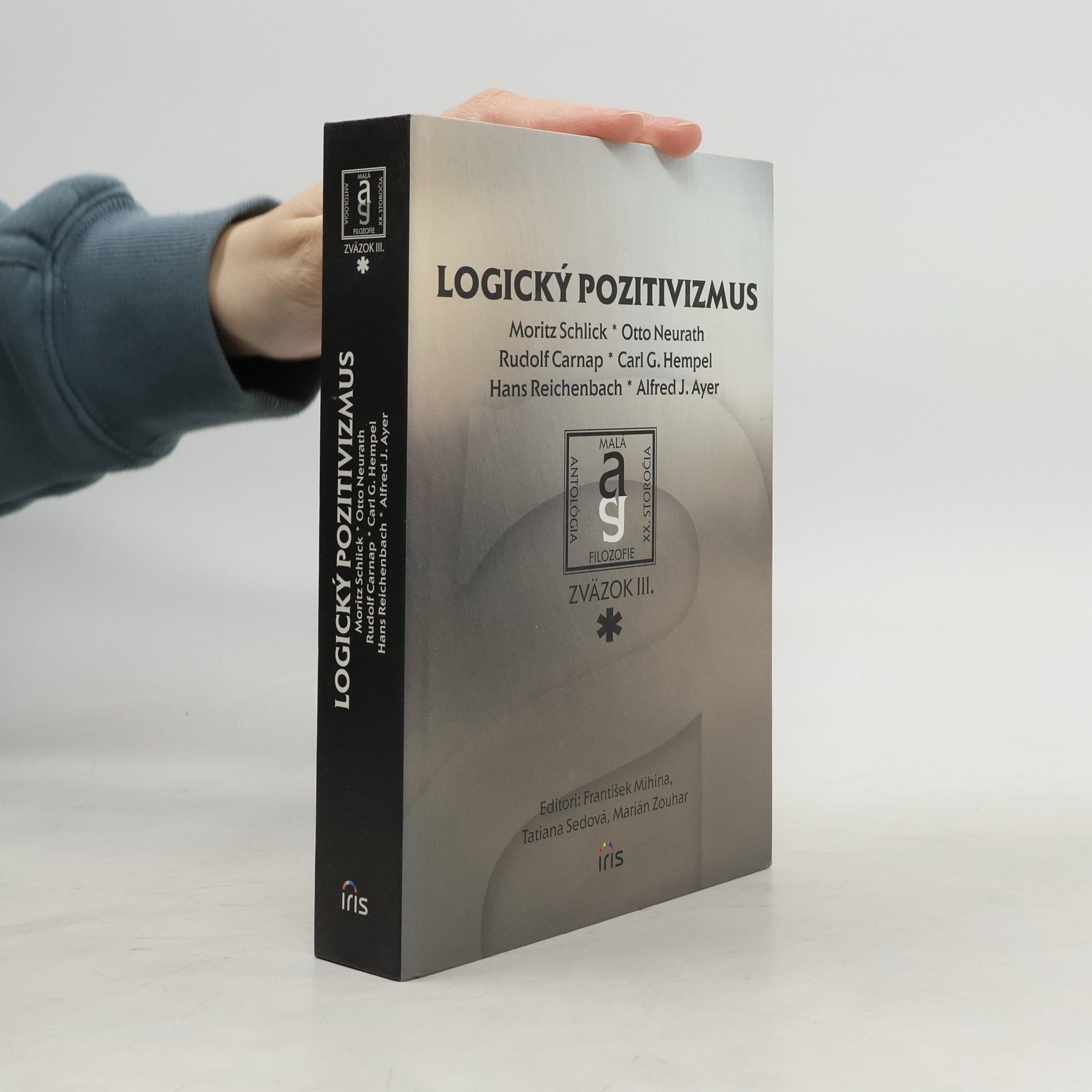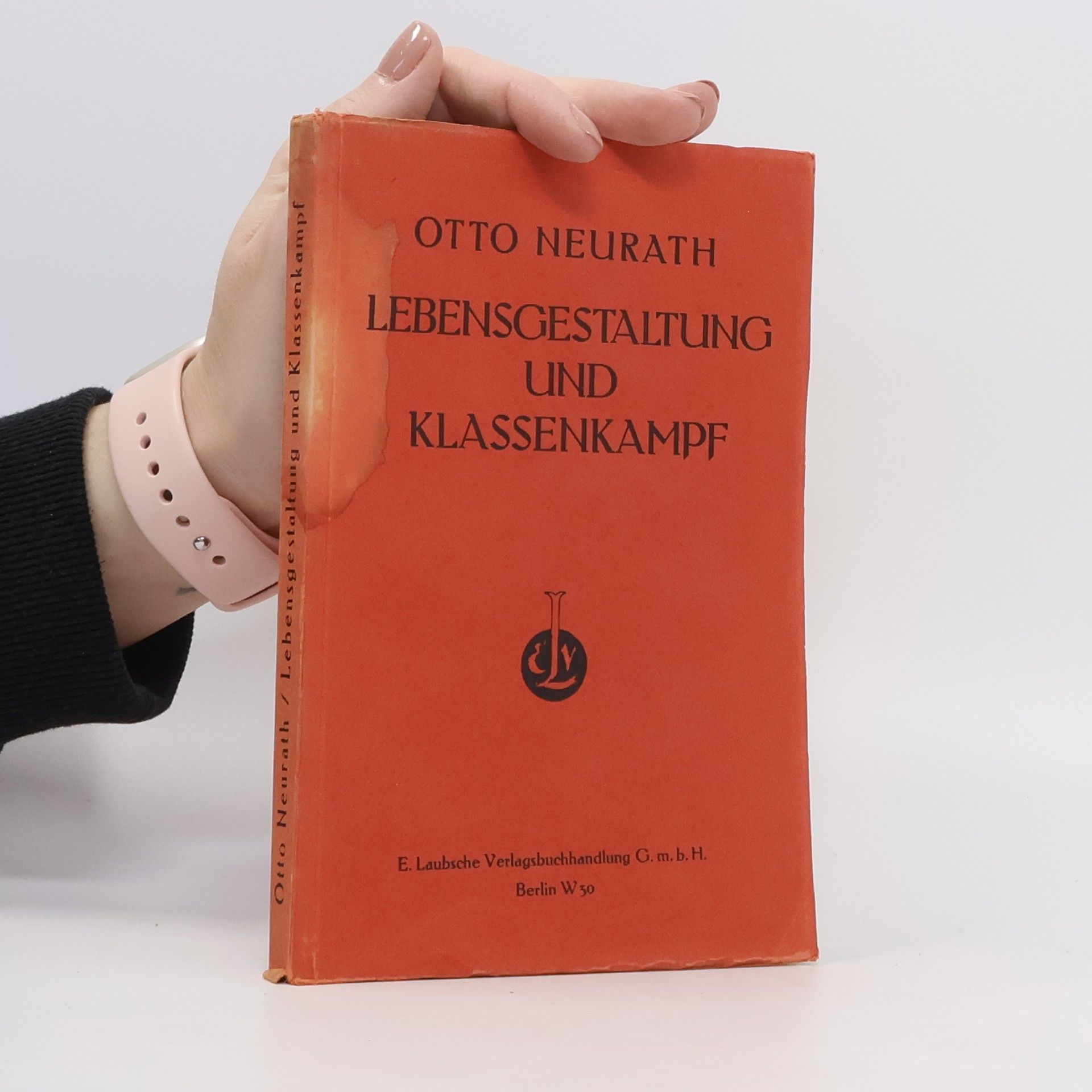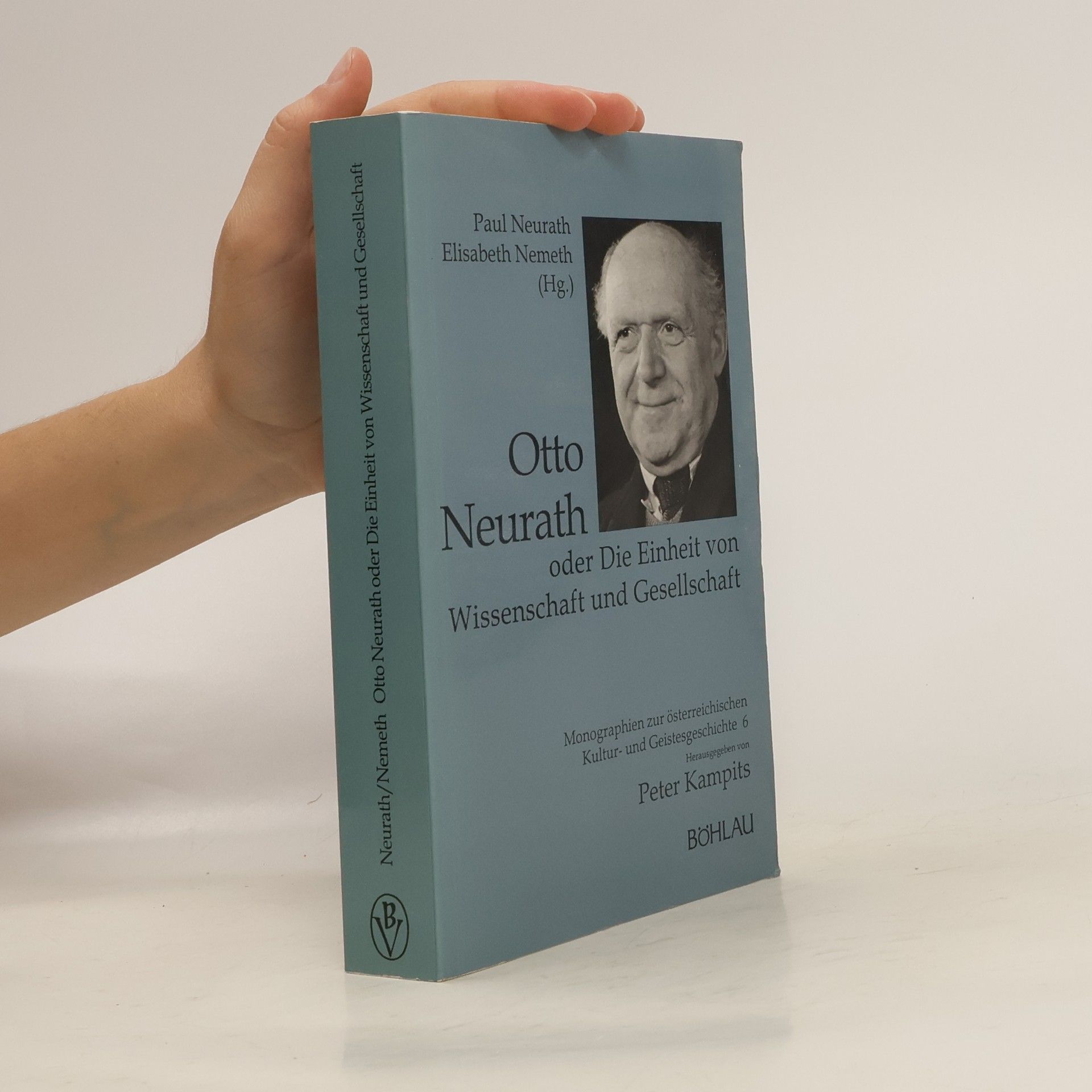This book makes available for the first time in English a substantial part of Otto Neurath's economic writings. The essays and small monographs translated here extend from his student years to his last ever finished piece. They chart not only Neurath's varied interests in the economic history of antiquity, in war economics and schemes for the socialisation of peacetime economies, in the theory of welfare measures and social indicators and in issues of the theory of collective choice, but also show his philosophical interests emerging in his contributions to seminal debates of the German Social Policy Association. This volume shows that Neurath's important contributions to the socialist calculation debate are but one aspect of a many-sided and original oeuvre. The translations are preceded by an introductory essay by one of the editors which contextualises the selections by locating them in the various debates of the time that provided their original setting. This book is of interest to economists, philosophers of social science and of economics as well as to historians of philosophy of science and of analytic philosophy.
Otto Neurath Libri
Questo filosofo della scienza, sociologo ed economista politico austriaco è noto per la sua interpretazione del pensiero logico-positivista come base per la teoria sociale ed economica comportamentista. Prima di fuggire dal suo paese natale nel 1934, Neurath fu una figura di spicco del Circolo di Vienna, che sosteneva l'«atteggiamento scientifico» e il movimento per l'Unità della Scienza. Negò alla filosofia qualsiasi valore al di là del suo ruolo all'interno e per la scienza, affermando che la scienza stessa non era un sistema di conoscenza logicamente fisso e saldamente fondato sull'esperienza, ma implicava intrinsecamente incertezza, decisione e cooperazione. Da questa prospettiva naturalistica, olistica e pragmatista, la filosofia esamina le condizioni che rendono possibile la scienza, concependola come un'impresa fondamentalmente sociale e storica. Il suo interesse per la vita sociale e il benessere degli individui ha costantemente informato le sue vedute sul linguaggio, il metodo e l'unità della scienza, sottolineando come la teorizzazione sulla società sia inseparabile dalla teorizzazione per e all'interno di essa. I temi dell'economia politica e dell'educazione visiva, basati sul linguaggio ISOTYPE, sono legati concreti che hanno riguadagnato rilevanza, urgenza e interesse.






The philosophical writings of Otto Neurath, and their central themes, have been described many times, by Carnap in his authobiographical essay, by Ayer and Morris and Kraft decades ago, by Haller and Hegselmann and Nemeth and others in recent years. How extraordinary Neurath's insights were, even when they perhaps were more to be seen as conjectures, aperfus, philosophical hypotheses, tools to be taken up and used in the practical workshop of life; and how prescient he was. A few examples may be (1) Neurath's 1912 lecture on the conceptual critique of the idea of a pleasure maximum [ON 50] substantially anticipates the development of aspects of analytical ethics in mid-century. (2) Neurath's 1915 paper on alternative hypotheses, and systems of hypotheses, within the science of physical optics [ON 81] gives a lucid account of the historically-developed clashing theories of light, their un realized further possibilities, and the implied contingencies of theory survival in science, all within his framework that antedates not only the quite similar work of Kuhn so many years later but also of the Vienna Circle too. (3) Neurath's subsequent paper of 1916 investigates the inadequacies of various attempts to classify systems of hypotheses [ON 82, and this volume], and sets forth a pioneering conception of the metatheoretical task of scientific philosophy.
The book presents a significant collection of Otto Neurath's economic writings, spanning from his student years to his final work. It explores his diverse interests in economic history, war economics, socialization of economies, welfare theory, and collective choice. Additionally, it highlights his philosophical contributions to key debates within the German Social Policy Association. An introductory essay contextualizes these writings within their historical debates, showcasing Neurath's multifaceted and original contributions beyond just the socialist calculation debate.
International Picture Language: The First Rules of Isotype
- 130pagine
- 5 ore di lettura
Recognized for its cultural significance, this work contributes to the foundational knowledge of civilization. Scholars have selected it for its importance, highlighting its relevance and impact on understanding historical and societal contexts.
Otto Neurath's influential book, "Modern Man in the Making," published in 1939, explores the state of the world in the 1930s through text and illustrations. It introduces Isotype, a visual language for simplifying complex information. The book promotes accessible knowledge and has inspired generations of designers, making it a precursor to modern infographics.
Logický pozitivizmus
- 540pagine
- 19 ore di lettura
Tretí zväzok Malej antológie filozofie 20. storočia obsahuje projekty filozofie a filozofie vedy, ktoré vznikli v prvých desaťročiach dvadsiateho storočia a mali charakter scientizácie možného chápania filozofie. Pre toto obdobie je typická predstava, že takmer všekty dôležité problémy súčasnosti nemajú bez využitia vedy veľké šance na úspech. V tomto zväzku sa čitateľ zoznámi s názormi M. Schlicka, R. Carnapa, O. Neuhartha, C. G. Hempela, H. Reichenbacha a A. J. Ayera. editori: F. Mihina, T. Sedová, M. Zouhar
Zur Anschauung der Antike über Handel, Gewerbe und Landwirtschaft.
- 42pagine
- 2 ore di lettura
Die kulturelle Bedeutung dieses Werkes wird von Wissenschaftlern anerkannt, da es einen wichtigen Beitrag zum Wissen der Zivilisation leistet. Es wurde aus dem Originalartefakt reproduziert und bleibt so nah wie möglich am ursprünglichen Inhalt. Dabei sind die originalen Urheberrechtsvermerke, Bibliotheksstempel und andere Notationen erhalten geblieben, die das Werk mit bedeutenden Bibliotheken weltweit verbinden.
Otto Neurath oder die Einheit von Wissenschaft und Gesellschaft
- 431pagine
- 16 ore di lettura

